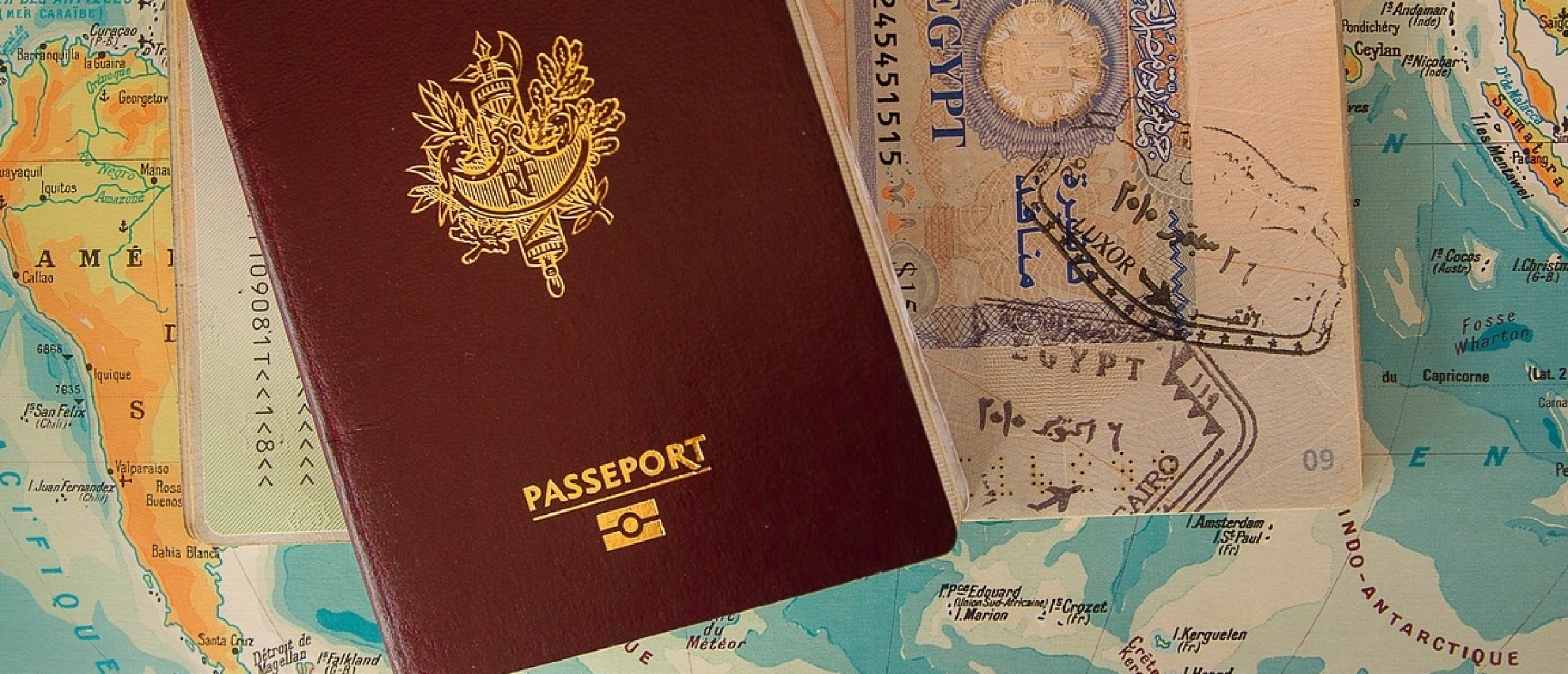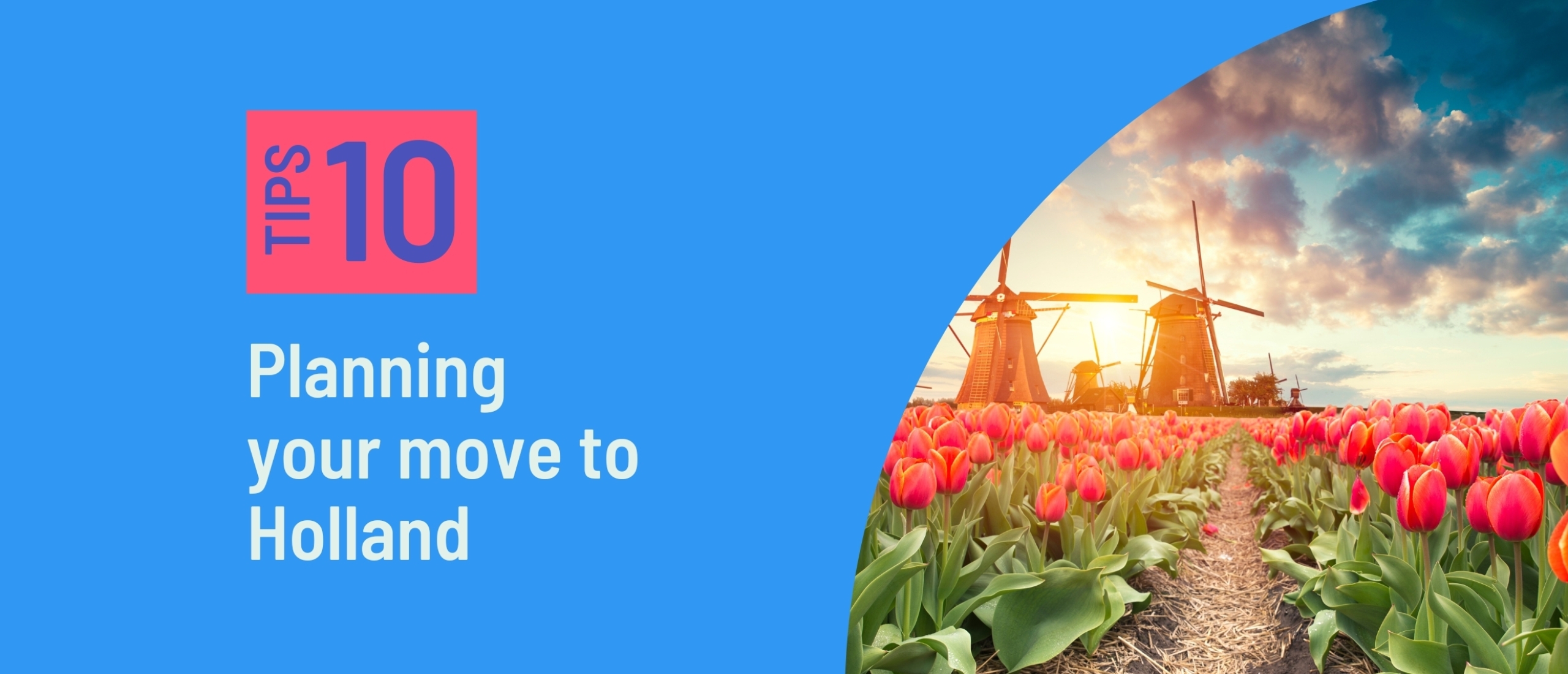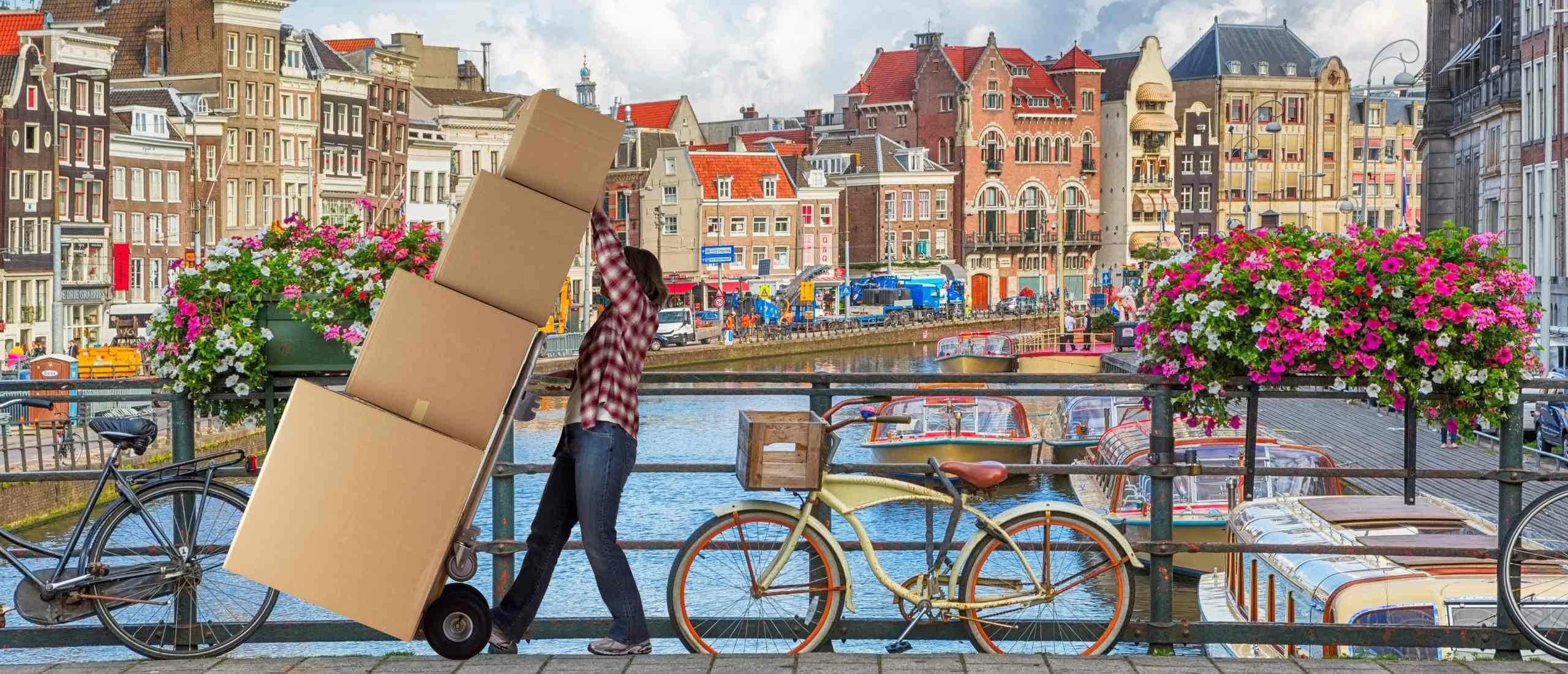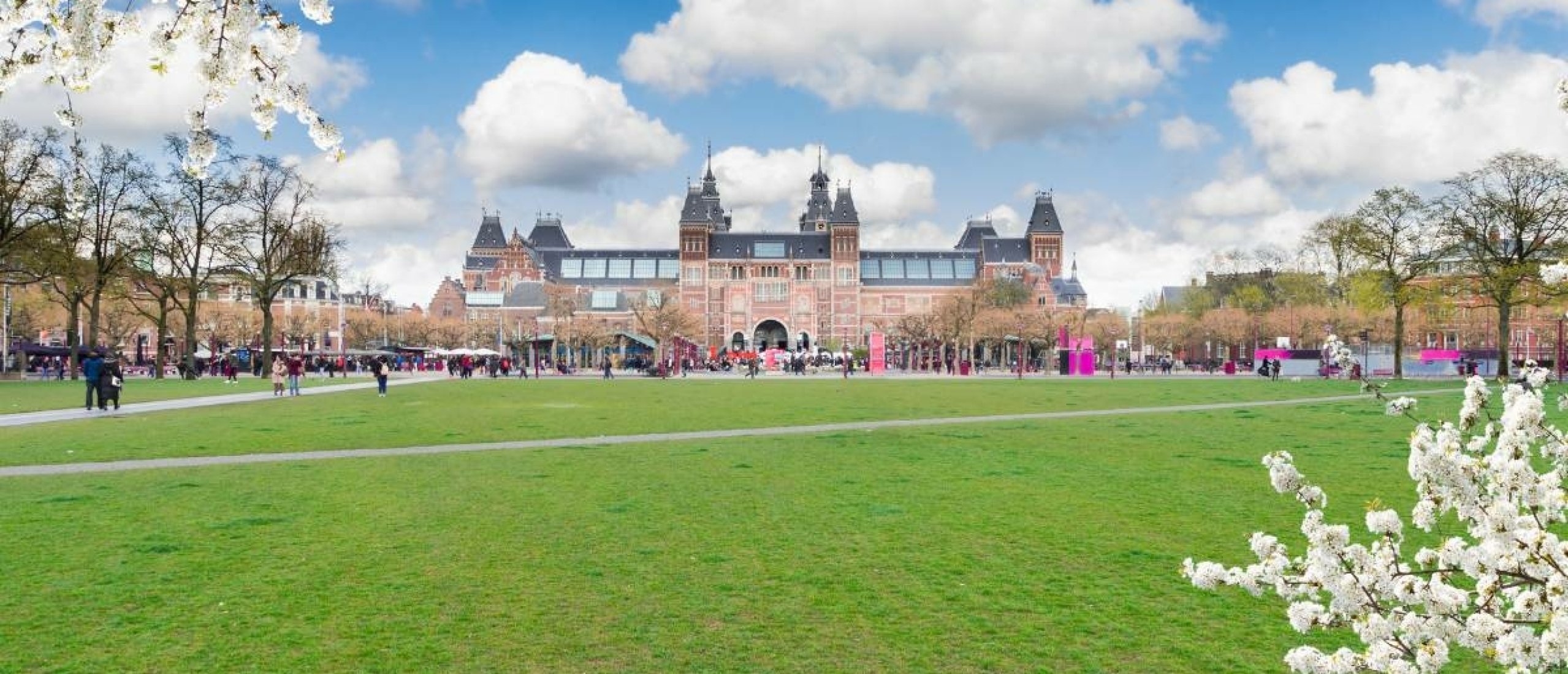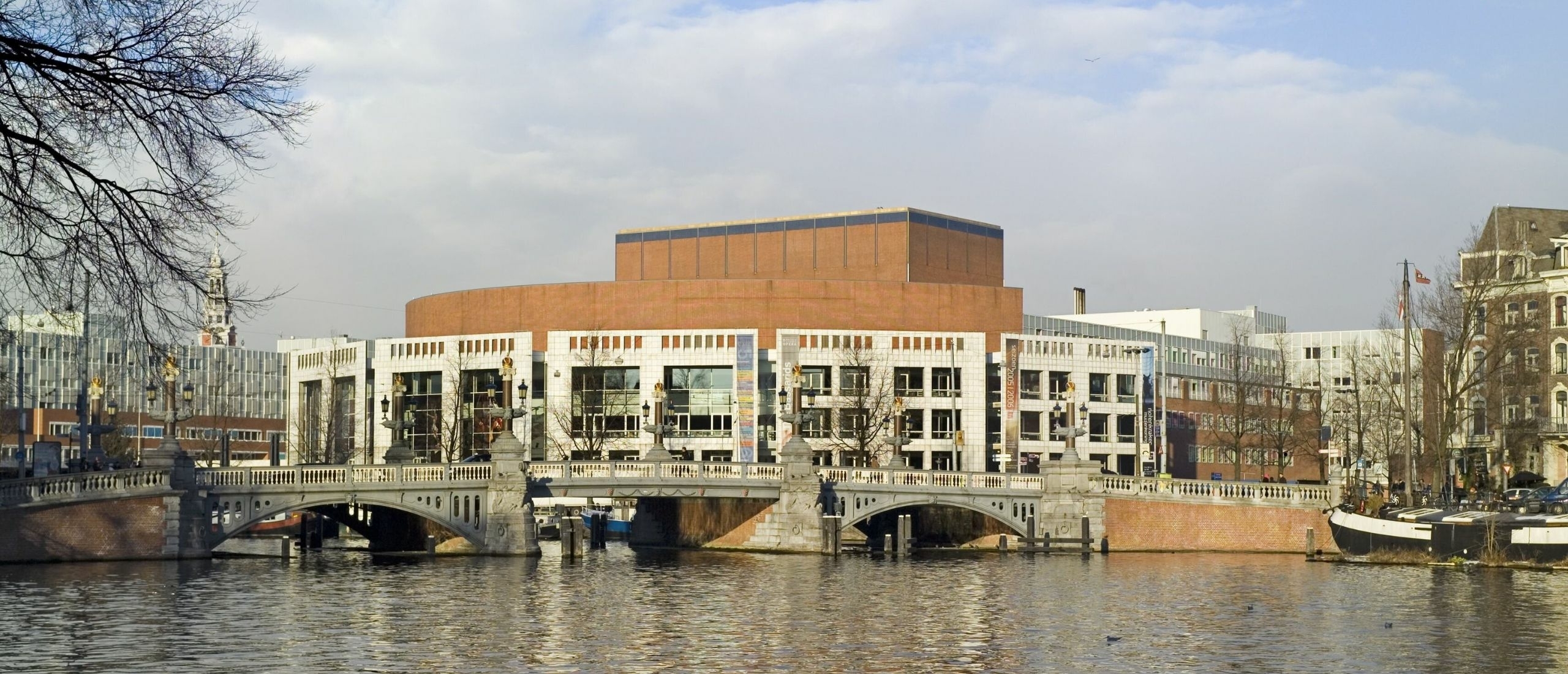
Moving to Amsterdam Guide - Essential Tips for a Smooth Transition
Moving to Amsterdam can be a exciting adventure, whether you're relocating for work, study, or a lifestyle change. This vibrant city, known for its picturesque canals and rich history, offers a unique blend of culture, entertainment, and community. To smoothing your journey in the best way possible, it al begins with planning and preparation. This guide will provide you with valuable insights , essential tips, information to help you settle in and practical advice so you can enjoy all that Amsterdam has to offer.
Moving to Amsterdam from Abroad
Moving to Amsterdam from abroad presents unique challenges and opportunities. Relocating to a new country is an exciting yet challenging experience, and moving to Amsterdam is no exception. As one of the most vibrant and cosmopolitan cities in Europe, Amsterdam attracts people from all over the world who are drawn by its picturesque canals, innovative culture, high quality of life, and diverse job opportunities. Whether you're coming for work, study, or a fresh start, settling into a new city and adapting to a different way of life can be both rewarding and overwhelming.
Amsterdam is known for being an international hub, with a welcoming atmosphere and a large expat community, but it's still important to be well-prepared for the practical aspects of moving. From navigating visa requirements and finding accommodation to understanding Dutch culture and learning a bit of the language, proper planning can make all the difference in ensuring a smooth transition. This section provides detailed insights and essential tips to help you prepare for your move to Amsterdam and make the most of this exciting new chapter in your life.
Here’s what you need to know to make the transition as smooth as possible:
Visas and Permits
Depending on your nationality, you may need a visa or residence permit to live in Amsterdam. EU/EEA citizens have the right to live and work in the Netherlands without a visa. Non-EU/EEA citizens typically need a residence permit, which can be obtained through work, study, or family reunification. A visa application needs to be prepared well in time.
International Schools
For families moving to Amsterdam from abroad, education is a top priority. Amsterdam has several international schools offering curricula in English and other languages, such as the International School of Amsterdam and the British School of Amsterdam. These schools provide a supportive environment for children to adapt and thrive.
Banking and Finance
Setting up a bank account is essential for managing your finances in Amsterdam. Major banks like ING, ABN AMRO, and Rabobank offer services for expats. You will need to provide identification, proof of address, and a BSN (citizen service number) to open an account.
Healthcare
The Dutch healthcare system is high-quality and accessible. Health insurance is mandatory for all residents. You must register with a local general practitioner (huisarts) for primary care. Many doctors and healthcare professionals speak English, making it easier for expats to navigate the system.
Getting Started in Amsterdam
Temporary Accommodation
Finding temporary accommodation is one of the first steps when you arrive in Amsterdam. Websites like Airbnb and Booking.com offer a variety of short-term housing options, from budget-friendly hostels to cozy apartments. For a more authentic experience, consider staying in a guesthouse or bed and breakfast. These options provide a comfortable base while you search for long-term housing.
Exploring Neighborhoods
For Dutch standards it is a big city of diverse Amsterdam neighborhoods, each with its own unique charm and character. Here are some popular areas to consider:
- Amsterdam Jordaan is known for its narrow streets, indie boutiques, and trendy cafes, Jordaan offers a quaint yet lively atmosphere.
- Amsterdam de Pijp is a melting pot of cultures with vibrant nightlife and the famous Albert Cuyp Market.
- Amsterdam Old West is an area that combines residential tranquility with chic restaurants and shops.
- Amsterdam Old South is a more upscale neighborhood with beautiful parks and high-end stores.
Navigating Public Transport
The Amsterdam public transport system is efficient and well-connected. The city is known for its extensive tram network, complemented by buses, metros, and ferries. The OV-chipkaart is essential for traveling, allowing you to tap in and out of all public transport.
- Trams: Ideal for short city trips and sightseeing.
- Buses and Metro: Useful for longer distances and suburban areas.
- Cycling: The most popular mode of transport; renting or buying a bike is a must for experiencing the city like a local.
Daily Life and Practical Tips
Cost of Living
Living in Amsterdam can be expensive, but with careful budgeting, it's manageable. Here's a quick overview of typical expenses:
- Rent: Varies greatly by neighborhood; expect to pay between €1,700 and €2,500 per month for a one-bedroom apartment.
- Groceries: Monthly grocery bills can range from €200 to €400, depending on shopping habits.
- Transport: A monthly public transport pass costs around €100.
Cost-saving tips:
- Shop at local markets like Albert Cuyp and Noordermarkt for fresh produce.
- Consider cooking at home more often to save on dining out.
Food and Shopping
Amsterdam offers a diverse culinary scene and numerous shopping options:
- Local Markets: Explore local markets for fresh and affordable produce.
- Supermarkets: Chains like Albert Heijn, Jumbo, and Lidl are widely available.
- Dining Options: From traditional Dutch cuisine to international fare, Amsterdam's dining scene has something for everyone.
Health and Wellness
Maintaining a healthy lifestyle is easy in Amsterdam with its numerous gyms, parks, and wellness centers:
- Gyms: Popular chains include Basic-Fit, Fit For Free, and David Lloyd.
- Parks: Vondelpark, Westerpark, and Oosterpark are great for jogging, cycling, and relaxing.
- Wellness Centers: Many offer yoga, pilates, and spa treatments.
Cultural Integration
Learning the Language
While many Dutch people speak English, learning basic Dutch phrases will enrich your experience and help you integrate into the local culture. Consider taking classes at language schools like Dutch Amsterdam or practicing with language exchange groups.
Local Customs and Etiquette
Understanding Dutch customs and social etiquette will ease your transition:
- Directness: The Dutch value honesty and direct communication.
- Punctuality: Being on time is important in both social and professional settings.
- Social Norms: Greeting with a handshake, saying "alstublieft" (please), and "dank u wel" (thank you) are appreciated.
Events and Festivals
Amsterdam hosts numerous cultural events and festivals year-round:
- King's Day: Celebrated on April 27th, it's a city-wide street party with music, markets, and festivities.
- Amsterdam Dance Event: A major electronic music festival held every October.
- Tulip Festival: Held in spring, showcasing the iconic Dutch tulips across the city.
Making Connections
Joining Local Groups
Connecting with others is crucial for feeling at home in a new city:
- Social Clubs: Meetup.com is a great resource for finding groups based on interests, from sports to book clubs.
- Hobby Groups: Amsterdam offers a variety of hobby groups, such as photography clubs, cooking classes, and more.
- Expat Communities: Websites like Internations and Expatica provide platforms for meeting fellow expatriates.
Volunteer Opportunities
Volunteering is a wonderful way to give back to the community and meet new people:
- Volunteer Organizations: Look for opportunities through Volunteer Centre Amsterdam or websites like NL Cares.
- Local Initiatives: Join community-driven projects or events to make a positive impact.
Must-See Attractions and Activities
Tourist Spots
No move to Amsterdam is complete without visiting these iconic attractions:
- Rijksmuseum: Home to masterpieces by Rembrandt, Vermeer, and other Dutch artists.
- Anne Frank House: A poignant museum dedicated to Anne Frank's life and diary.
- Vondelpark: A large urban park perfect for picnics, walks, and outdoor activities.
Hidden Gems
Explore these lesser-known spots for a more local experience:
- Begijnhof: A tranquil courtyard with historic houses and a secret garden.
- NDSM Wharf: An artistic hub with street art, creative studios, and unique events.
- De 9 Straatjes: A charming area with boutique shops, cafes, and vintage stores.
Real Stories from Expats Moving to Amsterdam
"The Best Decision I Ever Made"
"Moving to Amsterdam was scary at first. I didn’t know the language, the city, or anyone here. But every time I walk along the canals, grab a coffee in a cute café, or watch the sunset from a rooftop bar, I remind myself: this was the best decision I ever made. Amsterdam has become my home, and I wouldn’t trade it for anything."
— Marta, 33, from Poland
"The Dutch Directness Was a Culture Shock"
"Coming from India, I wasn’t used to how direct the Dutch can be. At my first job, my manager told me, 'Your report isn’t clear; do it again,' and I was stunned. But over time, I realized this honesty is refreshing—they tell you exactly what they think, so there’s no guesswork. It’s a culture shock at first, but you grow to appreciate it."
— Ravi, 31, from India
"Making Friends Through Bitterballen"
"When I moved to Amsterdam, I didn’t know anyone, and making friends felt daunting. Then, I joined an expat meetup at a local pub. We bonded over bitterballen (those deep-fried balls of heaven) and shared stories about our struggles with Dutch bureaucracy. Now, I’ve got a solid group of friends from all over the world—and I’ve developed an addiction to stroopwafels."
— Sophia, 26, from Spain
FAQ
1. Do I need to speak Dutch to live in Amsterdam?
While many residents speak English, learning basic Dutch can enhance your experience and help with daily interactions. There are many language courses available for newcomers.
2. How do I find long-term housing in Amsterdam?
Long-term housing can be found through rental websites like Pararius and Funda. It's advisable to start your search early due to high demand.
3. What is the healthcare system like in Amsterdam?
The Netherlands has a high-quality healthcare system. You must register with a local general practitioner (huisarts) for primary care. Health insurance is mandatory for all residents.
4. Is Amsterdam safe for expats?
Amsterdam is generally considered safe. Like any major city, it's wise to stay aware of your surroundings, especially in crowded tourist areas and late at night.
5. Can I work while studying in Amsterdam?
Yes, international students can work while studying. EU/EEA students can work without restrictions, while non-EU/EEA students can work up to 16 hours a week during the academic year and full-time during holidays.
Conclusion
Moving to Amsterdam is an exciting adventure filled with new experiences and opportunities. By exploring the city's neighborhoods, embracing its culture, and making connections, you'll quickly feel at home. Enjoy the vibrant life Amsterdam has to offer, and make the most of this incredible journey.
Call to Action: Ready to start your adventure in Amsterdam? Begin planning your move today and immerse yourself in the rich culture and dynamic lifestyle of this incredible city. Welcome to your new home!
Embrace the change, dive into the local culture, and savor every moment of your new life in Amsterdam. Welcome to your new home!



